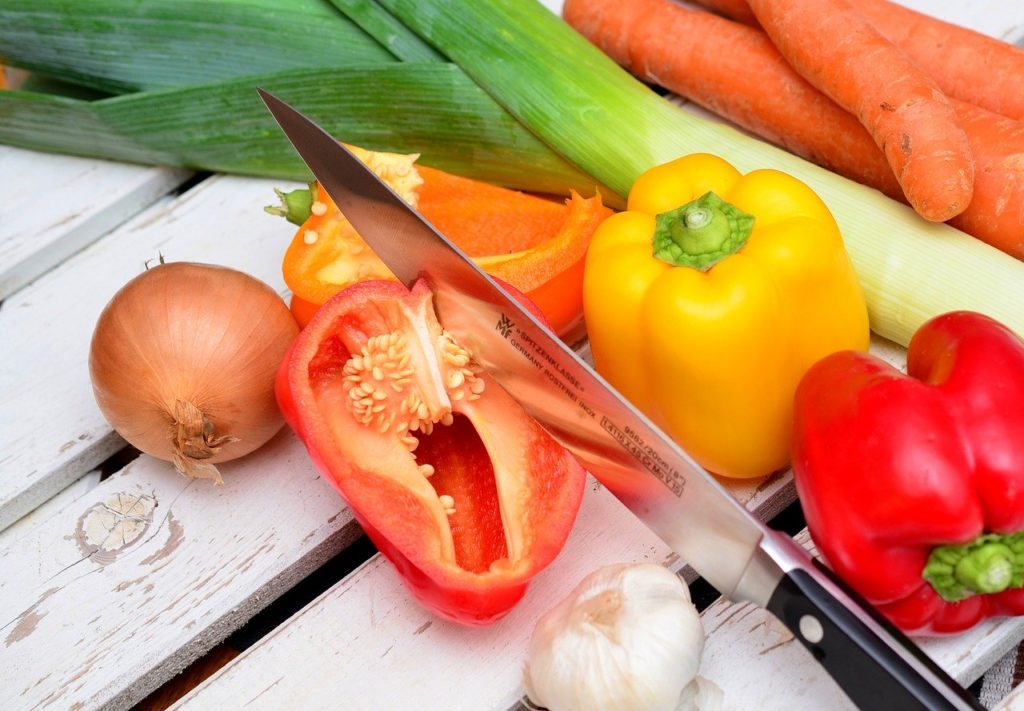
A veggie diet is one of the most reliable diets there is, as you can retain from eating meat and fish while still maintaining the key nutrients that they provide. You can even achieve better health when complying with a meat-free diet. A plethora of health benefits can come from a veggie diet. Here are five reasons why a veggie diet is good for you.
Reduce Your Chance of Obesity
An increased intake of fruits and vegetables and a reduction of meat consumption lead to the prevention of obesity. Research shows that people who consume the majority of meat, dairy, and eggs end up heavier than those who eat more fruits, grains, and vegetables. Go to lonaslileats.com to order good food that complies with a veggie diet.
People tend to feel more full when following a veggie diet because a plant-based diet includes a lot of fiber. This relates to obesity because people on a veggie diet will consume less than those who eat primarily eat meat.
Reduced Chance of Heart Disease
Sticking with a veggie diet reduces your chance of heart disease by nearly forty percent. A veggie diet reduces inflammation near the heart and oxidative stress. This is because of the increased amounts of fiber and phytonutrients a veggie diet contains. Also, since a veggie diet avoids meat, you are not taking in the fat and cholesterol than meat is often high in.
Lower Blood Pressure
A veggie diet contains much less fat than the normal person would consume. A lower intake of fat and an increase in fiber contributes to lower blood pressure. Since those on a veggie diet also tend to be slimmer, they will also often have lower, healthier blood pressure.
The high consumption of fruits and vegetables means higher consumption of potassium and lower consumption of sodium. Sodium is one of the leading factors in causing high blood pressure, so avoiding sodium will help make your blood pressure lower.
Rich in Nutrients
A veggie diet will help increase your consumption of important nutrients. Vitamin D, protein, calcium, and iron are all heavily included in a veggie diet. You may be wondering how protein is achieved without the intake of meat. Protein can be acquired through legumes, whole grains, and soy products when on a veggie diet.
Iron and calcium are found in things such as breakfast cereals, green vegetables such as lettuce and broccoli, and even some sorts of beans. Vitamin D can be consumed through different kinds of milk, such as soy milk or cow’s milk. Also, orange juice and some breakfast cereals are rich in vitamin D.
Things Avoided
There are plenty of things a veggie diet avoids that someone not on a diet would consume daily. A decreased amount of cholesterol, fat, and saturated fat are the benefits of a veggie diet. Other things, such as sodium and sugar, are not consumed as much when following the guidelines of a veggie diet.
A veggie diet is a very reliable option if you are looking to get healthier or lose weight. You can acquire key nutrients while avoiding things bad for you like sodium and sugar. This type of diet is not for everyone, as it requires a lot of discipline, but it can be very beneficial if followed religiously.

Leave a Reply